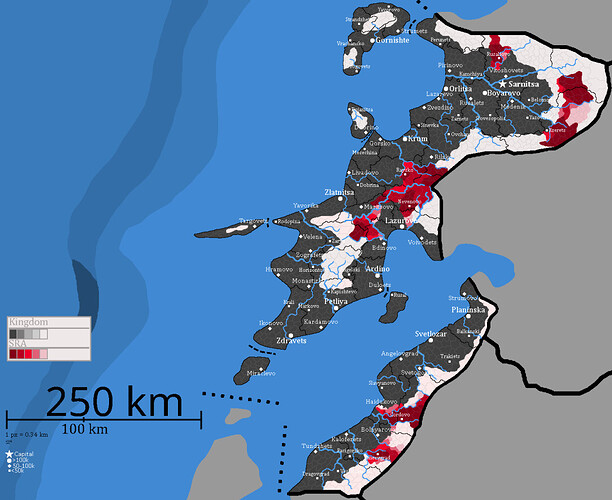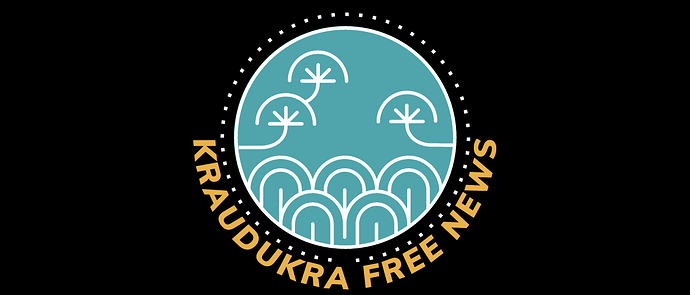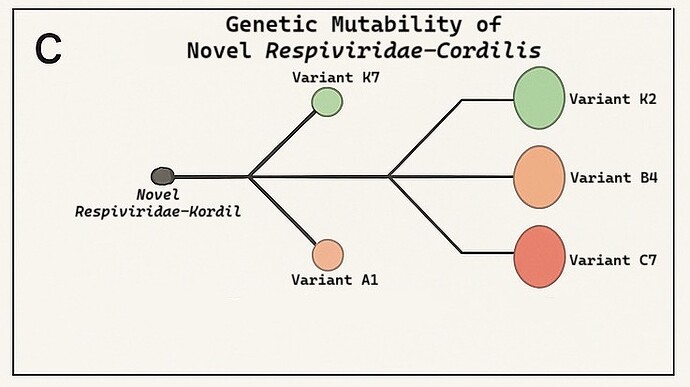Visrodin in Crisis: The Rise of the Slovesen Soviet Republics and Foreign Maneuvering
The Visrodin crisis has reached a new phase as the Slovesen Republican Army (SRA) and its newly declared Union of Slovesen Soviet Republics (USSR) consolidate control over vast swaths of the nation’s rural and mountainous regions. The swift advance of the insurgency, coupled with the formation of self-governing “Soviet Republics” in occupied areas, underscores the worsening instability in the embattled kingdom, where Chairman Anton Todorov’s military government is struggling to maintain its grip on power.
The rapid expansion of the USSR and its formally recognized armed wing, the SRA, has shocked observers and is forcing regional powers Krauanagaz and Zuhlgan to reassess their strategies in Visrodin. While both nations have refrained from directly acknowledging the USSR as a legitimate entity, intelligence sources suggest both governments are actively monitoring developments and considering their next moves.
 : @Vrigny
: @Vrigny
The SRA’s Territorial Gains and Strategic Positioning
Following weeks of skirmishes between SRA insurgents and government forces, the Visrodin military has suffered repeated defeats in contested rural regions, losing over 12,000 km² of territory to the insurgency. The USSR now controls the provincial capitals of Lower Maglenets, Upper Maglenets, and Kozaritsa, as well as Rusaliovo, near the UPRAN border. The rebel alliance has also secured Nevenovo, where SRA leader Miladin Tinchev made his first public appearance in years.
Observers suggest that the SRA’s recent successes are due in large part to the government’s weakened command structure, following mass purges of military officers by Todorov. Reports indicate that some newly recruited soldiers—many of whom come from working-class and rural backgrounds—have been sympathetic to the SRA’s cause, complicating efforts by the government to contain the rebellion.
Additionally, the battle for Lazurovo, one of Visrodin’s larger cities with a population exceeding one hundred thousand, has turned into a key focal point in the conflict. If the city falls to the USSR, it could mark a turning point in the war, placing additional pressure on Todorov’s already teetering regime.
Krauanagaz’s Quiet Calculations
For weeks, Krauanagaz has remained publicly silent on the crisis in Visrodin, focusing instead on its own political tensions with Zuhlgan and the ongoing Okhoa conflict. However, intelligence sources suggest that Krauanagazan officials are closely monitoring the situation and considering whether the emergence of the USSR presents an opportunity to weaken Visrodin’s authoritarian government—or if direct involvement would be too risky given the delicate geopolitical climate.
Recent intelligence leaks indicate that the Krauanagazan Federal Defense Intelligence Agency (FDIA) has conducted assessments of the SRA’s structure, political ideology, and military capabilities. While Krauanagaz has not formally supported the USSR, FDIA analysts are reportedly debating whether a socialist-aligned insurgency in Visrodin could be preferable to the current military dictatorship.
Unofficially, some members of Krauanagaz’s governing coalition have expressed support for the rebellion on several occasions. Sources within the Demands of the People (SV) party, which is part of the ruling government, have hinted at potential “humanitarian assistance” for displaced civilians—though critics argue that such aid could be a cover for funneling indirect support to the SRA.
Krauanagazan military officials, however, remain divided. Some worry that the SRA’s socialist rhetoric and radical stance could lead to long-term instability in Visrodin, making it a poor regional partner should the USSR overthrow Todorov’s government. Others argue that if Krauanagaz does not act, Zuhlgan may seize the opportunity to intervene first.
Zuhlgan’s Strategic Interests
Unlike Krauanagaz, Zuhlgan has openly denounced the SRA’s insurrection and framed the uprising as an, "illegitimate rebellion orchestrated by foreign interests.” Zuhlgani state media has begun referring to the USSR as a terrorist organization, and there are signs that the Divine Committee is considering ways to support Todorov’s government.
Some reports suggest that Zuhlgan may already be supplying Visrodin’s military with weapons, surveillance technology, and logistical aid—though no direct evidence has emerged to confirm this. Military analysts note that Zuhlgan has a long history of backing autocratic regimes in Southern Cordilia and would likely view the socialist-leaning USSR as a dangerous ideological threat to its own governance model.
In a statement released today, a Zuhlgani government spokesperson dismissed rumors that Zuhlgan was planning to deploy military forces to Visrodin, but warned that, "external actors attempting to manipulate the situation for their own gains will face serious consequences.” This remark is widely interpreted as a warning to Krauanagaz.
Additionally, there are rumors that Zuhlgan is urging pro-government factions within Visrodin to form paramilitary groups, independent of the military, to resist the SRA. This strategy—if true—could escalate the conflict into an even bloodier civil war.
A Proxy War in the Making?
As the USSR strengthens its hold over rebel-controlled territories and the Visrodin government scrambles to maintain control, the looming question of foreign intervention hangs over the conflict. If Krauanagaz covertly supports the SRA, it could trigger a significant response from Zuhlgan, heightening tensions between the two rivals.
Meanwhile if Zuhlgan chooses to increase its backing of Todorov’s government, it could prolong the conflict indefinitely, leading to further humanitarian devastation. Though, if both regional powers decide to escalate involvement, Visrodin could become yet another battleground in the ongoing struggle for dominance in Southern Cordilia.
For now, both Krauanagaz and Zuhlgan are watching and waiting, carefully mulling over their next potential moves. Meanwhile, for the people of Visrodin, the war is far from over.





